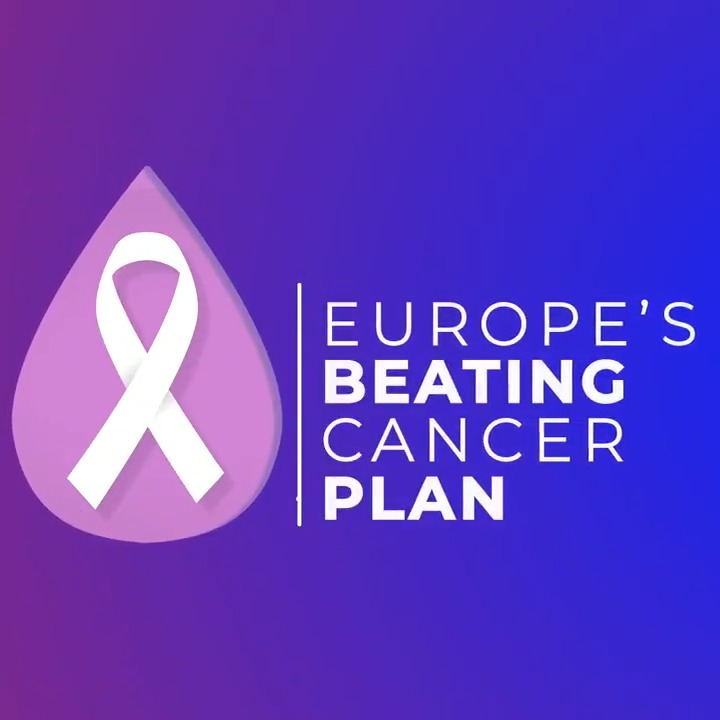Europe’s Beating Cancer Plan mid-term review: Key takeaways
On May 27, 2025, the European Commission’s Directorate-General for Health and Food Safety convened a webinar to review progress on the implementation of Europe’s Beating Cancer Plan. Hosted by Commissioner Olivér Várhelyi, the event brought together policymakers, clinicians, researchers and patient advocates.
«While we have achieved much since the Plan’s launch in 2021, our work to deliver equitable, high-quality cancer care to every European remains urgent. Olivér Várhelyi, European Commissioner for Health and Animal Welfare
The webinar highlighted that almost 40% of cancer cases in Europe could be prevented through vaccination programmes and healthier lifestyles. A budget of €300 million under the EU4Health programme has enabled Member States to expand human papillomavirus and hepatitis B vaccination campaigns and to roll out breast, cervical and colorectal screening schemes across the Union. Data presented at the event confirmed that over 90% of the Plan’s flagship initiatives are either completed or full underway, reflecting a strong, Union-wide commitment to early detection and prevention.
A central theme was the persistent disparities in cancer outcomes between and within Member States. Since 2022, the European Cancer Inequalities Registry has mapped variations in prevention, detection and treatment. The Registry’s findings were shared to show regions where screening participation remains below 60%, highlighting the need for targeted interventions. By identifying areas with lower uptake of preventive measures or limited treatment capacity, the Plan aims to direct resources where they are most needed and ensure that no region falls behind in accessing high-quality care.
Innovation remained high on the agenda. The work of the EUCanScreen consortium, led by the Institute of Clinical and Preventive Medicine at the University of Latvia, was presented to illustrate progress towards harmonised screening protocols that can be adapted efficiently across different health systems. In parallel, Hungary’s SOLACE project was showcased for its pilot of low-dose CT screening to detect lung cancer in high-risk populations. These initiatives demonstrate the Plan’s commitment to personalised approaches, recognising that early detection and tailored interventions are key to improving patient outcomes.
Although the webinar addressed cancer more broadly, its emphasis on prevention, early detection and equitable access is equally relevant for bladder cancer. By encouraging risk-factor reduction and targeted screening for high-risk groups, such as smokers, the Plan offers a framework to improve bladder cancer outcomes. Integrating these strategies into existing projects ensures that individuals affected by bladder cancer benefit from the same solidarity, innovation and support as those facing other cancers.
As the Plan reaches its mid-term phase, sustained collaboration among EU institutions, national authorities, healthcare providers, and patient groups will be essential. With ongoing political will and scientific innovation, Europe is set to transform cancer prevention, detection and care so that no one faces the disease alone.




